Develop Feeling Literacy

Many of us don’t grow up with a clear understanding of our own feelings, much less how to express them. Yet few things are more important that understanding feelings and how to express them effectively. If we don’t know what we feel, it’s hard to be in touch with our needs. If we’re not in touch with our needs, then communicating with others we depend on to understand us becomes a spin of the roulette wheel. And if we can’t appropriately and authentically communicate our needs, the odds of another person meeting them plummet.
We grow up discouraged from expressing our feelings, because feelings can be unruly and unpredictable. When we do express them, they’re not always welcomed. Having feelings is often risky business from a very age. We’re expected to present an invulnerable facade, in many contexts. Part of the socialization process involves selectively limiting the types of emotions we show. Over time, we can end up alienated from our own feelings.
A Relational Superpower

If you’re interested in having a rich, fulfilling life–one where you can love others and receive others’ love–then feeling literacy is a non-negotiable skill set. It’s also one that can be developed into a relational superpower. As we enter adulthood, and intimate relationships, the need to develop greater feeling literacy grows.
Being able to recognize what you’re truly feeling about something allows you to know yourself. It helps you share yourself genuinely with another. This can impact your personal health for the better because it allows you to decipher the signals and data points your body gives you from more places than just head, eg. your rational, thinking brain.
Emotions, feelings, and body sensations are the body’s way of conveying important information that we may not be able to access through the intellect alone. In his book “The Body Keep Score,” Bessel Van Der Kolk writes about the ways trauma is encoded in our bodies. If we can tune into our bodies, and the feelings circulating through and within them, we’re better able to access critical information about ourselves. If we don’t tune in, we can end up repressing our own truth, hiding it from ourselves, or denying it altogether. We may miss out on the opportunity to read the signals that can help us heal and be healthier.
Three Interlocking Intelligence Systems

Research has shown we have “three” interlocking intelligence systems, encompassed in the head, heart and gut. These three parts of our bodies communicate with one another in an ongoing, two-way dialogue. Feeling literacy means we prioritize the multiple ways our own body communicates with us. We don’t just try to “think” our way through life. We listen to our own emotional and somatic intelligence and use the information we gather from all three of our “brains” as cues to guide us to take better care of our entire selves.
Feeling literacy is a combination of knowing the words for feelings and of being able to connect these words to what you’re actually experiencing on an emotional or energetic level, but also in a concrete, physical way. What do you feel at a particular moment when something stressful upsets you? What do you sense in your throat? Your chest? Your gut? Your shoulders? Your jaw? Your legs and arms? Do you feel tingling? Heaviness? Tension? Heat? A prickly sensation? Nausea? Awareness of these experiences contribute to feeling literacy. Our bodies tell us things about our internal and external environment, and about our needs at any given moment. They also tell us about other “similar” experiences we’ve had in our pasts and how we’ve handled them in order to keep ourselves safe.
How We Distance From Our Feelings

When you say, “I feel like I’m going to fail,” you’re giving an interpretation. When you follow the words,“I feel” with the word, “like” you’re distancing from a feeling by comparing it to an intellectual concept or construct. There’s no “like” when you clearly, directly connect with the energy of your feelings, or with their somatic, physical expression. It either is or isn’t.
Thinking is one way we tend to distance from our feelings. Most of us understand feelings theoretically, but we may have a really hard time simply saying what we feel, or else we don’t really know what we feel because we’ve learned to minimize, fear or dismiss our feelings before we’re even consciously aware of them.
By prioritizing your feelings and emotions as much as you do cognition, logic, and reason, you can increase your feeling literacy.
Photos from Unsplash.







